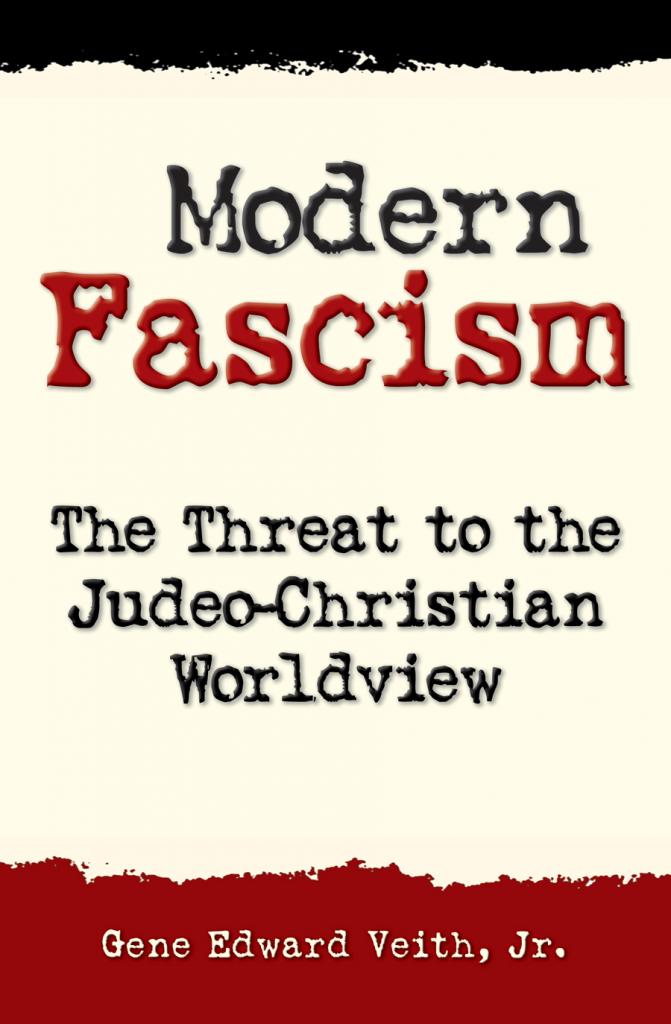
Back in 1993, I wrote this:
A set of ideas is emerging from today’s academic world that is startlingly reminiscent of what the fascist theorists were saying in the 1930s: individual identity is a myth, insofar as identity is really determined by culture and ethnicity; laws and social conventions are only masks for power; human-centered values are part of a corrupt Western civilization; the transcendent meaning of reason, objectivity, and language is an illusion. Is it possible that those who hold these views do not realize that these are also the doctrines of fascism?
Sound familiar? These ideas were “emerging” in the 1990s, but today they dominate academia and have spilled over into public schools, government, the media, and popular culture. The rise of Donald Trump has caused many people to worry about the emergence of a new fascism, but hardly anyone seems aware of what the fascists actually believed. Many of today’s “anti-fascists” target conservatives who believe in personal liberty and small government–the opposite of totalitarian collectivism–and “Antifa” activists actually emulate Mussolini’s rioters, right down to their black shirts.
My book was entitled Modern Fascism: Liquidating the Judaeo-Christian Tradition. (It’s still available. You can buy it at Amazon, including a Kindle edition, or directly from Concordia Publishing House.)
I was recently asked separately by both Tabletalk Magazine and the White Horse Inn Podcast to revisit that book and discuss it in light of what has been happening after 28 years. So I did, also taking the occasion to explain the origin of the book, something not generally known.
My interview with Shane Rosenthal for White Horse Inn is slated for November 21 and can be accessed here. Tabletalk online has posted my article, which I invite you to read. I’ll get you started:
In 1993, I published a book titled Modern Fascism: Liquidating the Judeo-Christian Worldview. In it, I showed that the various fascist movements in Europe of the 1930s and 1940s were facets of the modernist movement, particularly, the branch of that movement that morphed into postmodernism. I also showed that the intellectual establishment of the 1990s, as represented in the academia of the time, was still holding to the ideas of the intellectual establishment of the 1930s that gave us Adolf Hitler, the Holocaust, and World War II, as if those catastrophes had never happened. But, as I wrote,
My concern is not so much with the current intellectual scene as it is with what might come next. What will the “post-contemporary” movement look like, once the postmodernists have successfully discredited objectivity, freedom, and morality? What sort of society will be erected on the rubble, once the Western tradition is deconstructed?
“What might come next”? Well, Tabletalk has asked me to revisit my book to see how it stands up nearly three decades later. Reading it again after all these years was an unsettling experience. Much of what I predicted and warned against has come true. And even when I was wrong, I was wrong in underestimating the magnitude of the fascist revival.
[continue reading]
Illustration from Concordia Publishing House













